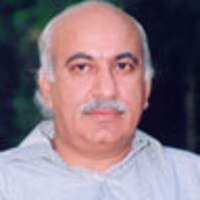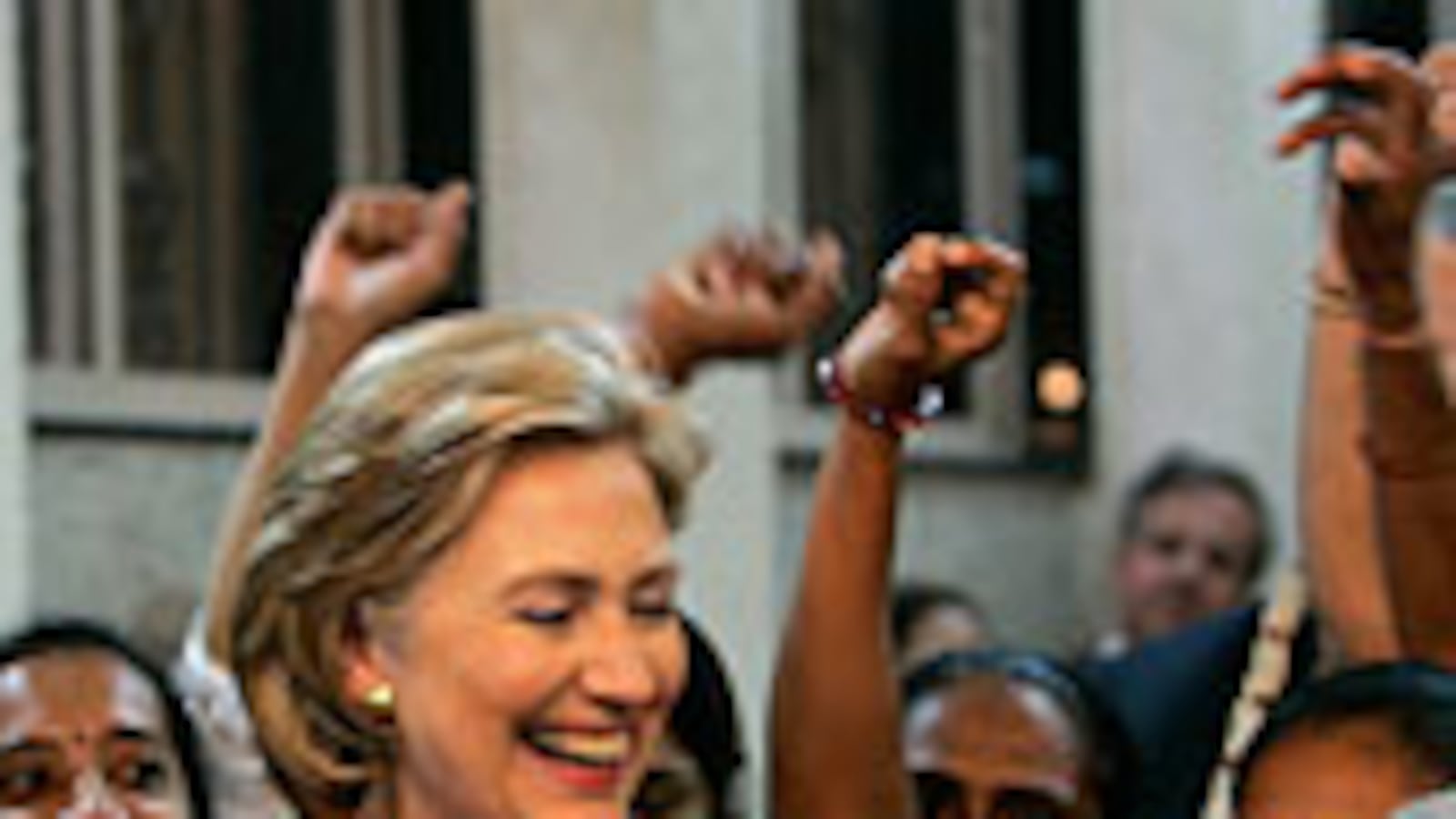
Secretary of State Hillary Clinton’s seamless public-posture/private-face skills, surely honed during the many domestic and national crises that marked her husband’s term as president, were put to admirable use last week during her visit to India. Her first visit to India, as first lady in 2000, was arguably her most important. It established the goodwill that her husband put to such excellent diplomatic use during his state visit. The ice that Bill Clinton broke became a tide during George Bush’s eight years. The jury is still out on whether the tide will recede, stagnate or become a flood.
Hillary’s forthcoming book on diplomacy now has a working title: How to make friends in India and influence people in Pakistan.
A politician without public relations has to be terribly lucky to be popular. Secretary Clinton has outdistanced luck. She crafted her language with enough nuance to fool an advertising agency. Focused on the Indian need for appearances, she de-hyphenated her visit from Pakistan and bracketed it with ASEAN. Delhi squirms at any equivalence with Islamabad, as an India-Pakistan itinerary would imply; its self-image, backed up by international recognition of its growing economic muscle, places India on a much higher status platform than Pakistan.
Clinton surely recalled that one of the reasons her husband was such a hit in India was that he barely gave Pakistan the time of the day on that subcontinental tour, stopping over only for a humiliating few hours after some rather desperate pleading by Islamabad. A hyphen with a neighbor like China is no problem for Delhi, as King Abdullah of Saudi Arabia gauged so astutely during his breakthrough visit to India.
Secretary Clinton began by upgrading India from “emerging” superpower to “dormant” superpower, before slipping in the stiletto: if India wants to be regarded as a grown-up, it will have to behave like one. To get an Obama-Hillary promotion from “dormant superpower” to “active superpower,” India needs to sign the Nuclear Non-Proliferation Treaty, which will force Pakistan to sign as well. (Although it is worth noting that there is very little talk in Washington of getting Israel to sign the NPT.)
India would also have to stop being, to use an appropriate term, defensive about the end-users agreement, a necessary precondition for arms sales from the sole technology superpower. If other nations purchasing American arms could find pen and ink to sign, why should India be exempted? Otherwise, dear Indian friends, you are going to be stuck with Sukhois in the sky while the Pakistanis get boutique arsenals at Wal-Mart prices, the cash for which comes from Washington in any case.
Make up your mind, sleepyhead! If you want to become a strategic partner of the United States, the deal is crystal clear: India gets the partnership while Pentagon decides the strategy. That’s the way with NATO, and near-NATO allies such as Pakistan. If India wants to be a near-near-NATO ally, keep the ink wet.
Friendship can always take a tweak or two, if required. America’s nuclear industry would be delighted to fulfill the Indian order for two plants specified in the Letter of Intent given in September 2008. There is merely the little matter of insurance liability. Everyone remembers Union Carbide’s grinder through the courts after the 1984 catastrophe in Bhopal, when an explosion at a pesticides plant released a toxic cloud that killed and maimed thousands. What sensible corporation would want to shut down as a consequence of one mistake?
Lots of mature, flourishing, and indisputably independent nations place a cap on insurance liability so that a brave company like Westinghouse knows exactly what it is getting into. Moreover, if an Indian company like Tata or Ambani operates a Westinghouse plant, the insurance liability should be a local, not American, headache, even if the damage is caused by a design flaw. If Americans had operated the plant they would have discovered the flaw before the accident, isn’t it?
Who could argue with Hillary Clinton’s dulcet public smile and private straight talk? I cannot recall an equally impressive American secretary of State since Henry Kissinger, and, take my word for it, Kissinger’s smile was not dulcet. Hillary’s forthcoming book on diplomacy now has a working title: How to make friends in India and influence people in Pakistan. All through her India trip she dropped little alibis for Pakistan, and no one either noticed or cared, even when she explained away Islamabad’s duplicity in the case against Hafeez Saeed, the Pakistani terrorist accused of involvement in the Mumbai attacks. The legal process tends to be time-consuming everywhere: we all know that, don’t we?
Language, the right choice of phrase, the selection of proper nuance and moment: these were Hillary Clinton’s great weapons.
M.J. Akbar is Chairman and Director of Publications of the fortnightly newsmagazine Covert.






